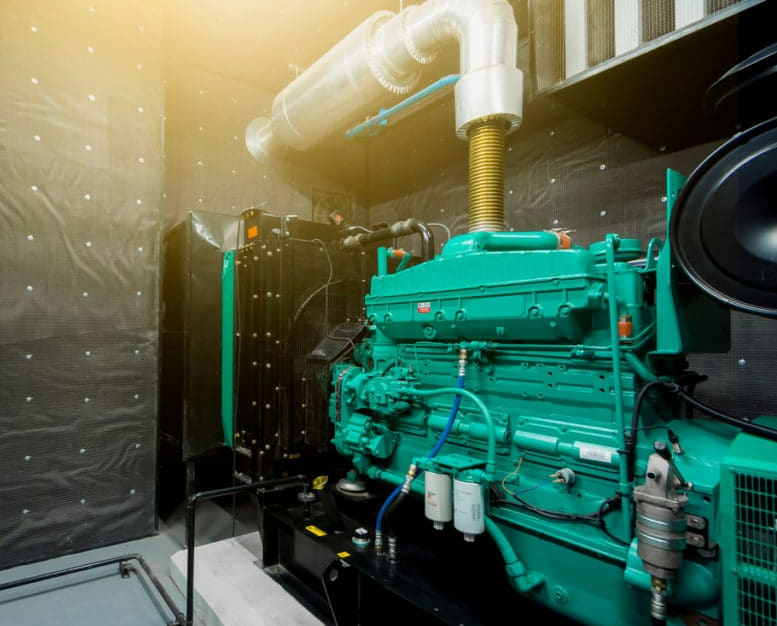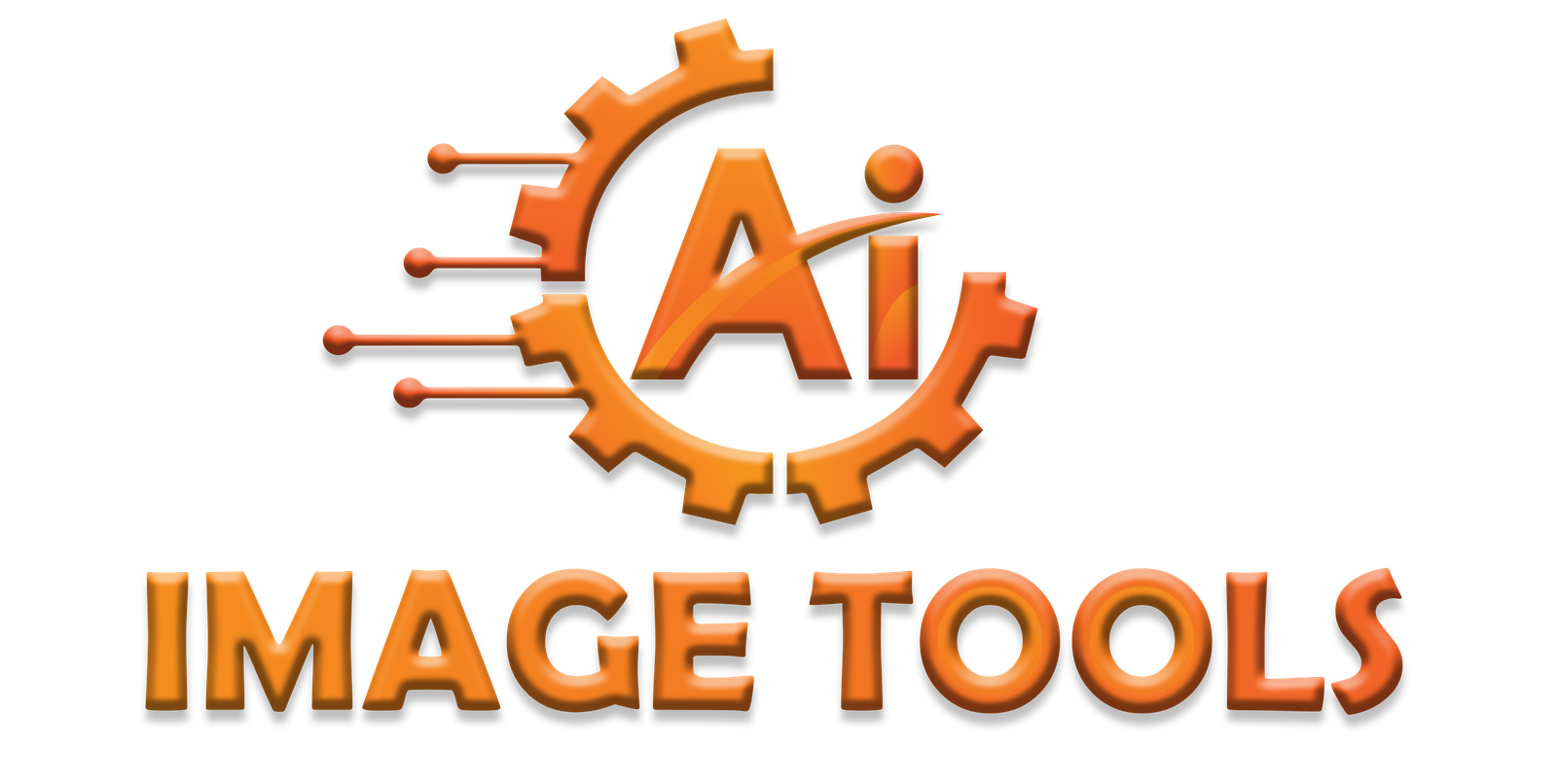Diesel generators power by burning diesel fuel, converting chemical energy into electricity. They are reliable and versatile machines. Diesel generators are commonly used in residential, commercial, and industrial settings for backup power supply during outages or as a primary power source. These generators consist of an engine that runs on diesel fuel, coupled with an electric generator to produce electricity.
The process involves compressing air, injecting diesel, causing combustion, and converting the resulting heat into mechanical energy that powers the alternator to generate electricity. Diesel generators are known for their efficiency, durability, and ability to provide continuous power supply, making them a popular choice for various applications.
Generator Electric Diesel

What is A Generator?
Generator Electric Diesel is a topic that revolves around the concept of generators. In this blog post, we will explore what a generator is and discuss its definition. We will also look at the different types of generators available in the market. So, let’s dive in and learn more about generator electric diesel.
Definition- Generator Electric Diesel
A generator is a device that converts mechanical energy into electrical energy. It consists of an electric generator and an engine, usually powered by diesel fuel. The generator produces electricity by using the mechanical energy generated by the engine through the combustion of diesel fuel. This electrical energy can then be used to power various appliances, machinery, or even entire buildings.
Generators are commonly used in situations where there is no access to a stable electrical grid or during power outages. They provide a reliable source of electricity, ensuring that essential operations can continue without interruption.
Types of Generators- Generator Electric Diesel
There are several types of generators available in the market today. Each type is designed to cater to specific needs and requirements. Here are some of the most common types:
- Diesel Generators: These generators use diesel fuel as their primary source of energy. They are known for their reliability, durability, and fuel efficiency. Diesel generators are often used in industrial settings, construction sites, and as backup power sources for homes and businesses.
- Gasoline Generators: Gasoline generators are popular for their portability and ease of use. They are commonly used for camping, outdoor events, and as emergency power sources for small appliances.
- Natural Gas Generators: These generators run on natural gas, which is a clean-burning fuel. They are often used in residential and commercial settings where a continuous and reliable power supply is required.
- Propane Generators: Propane generators are similar to natural gas generators but use propane as their fuel source. They are commonly used in remote areas where access to other fuel types may be limited.
Each type of generator has its advantages and disadvantages, and the choice of generator depends on various factors such as power requirements, fuel availability, and intended use.
Electric Diesel Generators For Home
Generator Electric Diesel has become an essential part of modern life for both residential and commercial purposes. In this article, we will discuss Electric Diesel Generators for Homes, their working principle, advantages, and disadvantages.
Working Principle
Electric Diesel Generators for Homework by converting the chemical energy stored in diesel fuel into electrical energy. This process involves the combustion of diesel fuel in the engine, which produces mechanical energy. This mechanical energy is then converted into electrical energy by the alternator. The generator’s output voltage is regulated by an Automatic Voltage Regulator (AVR) and fed into the home’s electrical system through a connection panel.
Advantages
Electric Diesel Generators have several advantages for home use. Some of the key advantages are:
- Reliability: Diesel generators are known for their reliability and durability, making them an ideal choice for home use.
- Efficiency: Diesel engines are more fuel-efficient than gasoline engines, resulting in lower fuel consumption and cost savings.
- Longevity: Diesel engines have a longer lifespan than gasoline engines and require less maintenance.
- Powerful: Diesel generators are known for their high power output, making them suitable for powering large appliances and electronics.
Disadvantages
Electric Diesel Generators for Home also have some disadvantages that need to be considered. These include:
- Noisy: Diesel engines are noisier than gasoline engines, which may be a concern for some homeowners.
- Cost: Diesel generators are more expensive than gasoline generators, and the initial investment may be a barrier for some homeowners.
- Emissions: Diesel engines produce more emissions than gasoline engines, which may not be suitable for environmentally conscious homeowners.
- Requires fuel storage: Diesel fuel must be stored on-site, which may be a concern for homeowners with limited space.
Diesel Generators Electric Diesel
Generator Electric Diesel and Diesel Generators Electric Diesel are a vital part of power generation systems. They are used in various applications such as backup power supply, and industrial, commercial, and residential purposes. Diesel generators are known for their reliability, efficiency, and durability in providing emergency power backup. In this blog post, we will explore the working principle, advantages, and disadvantages of diesel generators for electric power generation.
Working Principle
Diesel generators produce electricity through the combustion of diesel fuel in an internal combustion engine. The engine drives an alternator, which converts mechanical energy into electrical energy. The working principle involves the following key components:
- Diesel Engine: It is the primary component that burns diesel fuel to produce mechanical energy.
- Alternator: Also known as a generator, it converts the mechanical energy from the engine into electrical energy.
- Fuel System: Diesel fuel is supplied to the engine through a fuel injection system for combustion.
- Control Panel: Monitors and regulates the generator’s operation, including starting, stopping, and safety features.
Advantages
Diesel generators offer several advantages, making them a preferred choice for power generation:
- Reliability: Diesel generators are highly reliable and can provide continuous power for extended periods.
- Efficiency: They are more fuel-efficient compared to gasoline generators, making them cost-effective for long-term use.
- Durability: Diesel engines are built to withstand heavy loads and harsh conditions, ensuring longevity and minimal maintenance requirements.
- Widely Available Fuel: Diesel fuel is readily available in most regions, making it convenient for refueling generators.
Disadvantages
Despite their advantages, diesel generators have certain limitations and drawbacks:
- Noisy Operation: Diesel engines can produce significant noise during operation, which may be a concern in noise-sensitive environments.
- Initial Cost: The upfront cost of diesel generators is higher compared to gasoline generators, which can be a barrier for some buyers.
- Emissions: Diesel generators emit pollutants such as nitrogen oxides and particulate matter, contributing to air pollution.
- Maintenance Requirements: Regular maintenance and servicing are essential for diesel generators to ensure optimal performance and longevity.
Comparison Between Electric and Diesel Generators
Generator Electric Diesel and Comparison between Electric and Diesel Generators…

Fuel Efficiency
Diesel generators are known for their higher fuel efficiency compared to electric generators. They can operate for longer periods on the same amount of fuel, making them ideal for continuous power supply needs.
Cost
When it comes to cost, diesel generators tend to have a higher upfront cost but lower operational costs in the long run. Electric generators may have lower initial costs but can be more expensive to operate over time due to fuel and maintenance costs.
Maintenance
Maintenance for diesel generators typically involves regular check-ups, oil changes, and filter replacements. Electric generators may require less frequent maintenance but can be more complex to repair if issues arise.
Environmental Impact
In terms of environmental impact, diesel generators are known to produce more emissions compared to electric generators. Electric generators are considered more environmentally friendly as they produce lower emissions and are quieter during operation.
Applications of Electric and Diesel Generators
Generator Electric Diesel refers to the applications of electric and diesel generators. Electric and diesel generators are widely used in various industries and settings to provide a reliable source of power. In this blog post, we will explore the applications of electric and diesel generators in residential, commercial, and industrial settings.
Residential
Electric and diesel generators are commonly used in residential settings to provide backup power during outages. These generators can power essential appliances such as refrigerators, heating systems, and lights, ensuring that homeowners can continue their daily activities without disruption. Some key applications of electric and diesel generators in residential settings include:
- Powering essential appliances during power outages
- Providing electricity in remote areas without access to the main power grid
- Ensuring the safety and comfort of homeowners during emergencies
- Supporting off-grid living and renewable energy systems
Commercial
In commercial settings, electric and diesel generators play a crucial role in ensuring uninterrupted power supply for businesses. These generators are often used as a backup power source to prevent financial losses and maintain productivity. Some common applications of electric and diesel generators in commercial settings include:
- Powering critical equipment such as servers, data centers, and communication systems
- Providing backup power for retail stores, restaurants, and hotels
- Supporting construction sites and outdoor events
- Ensuring continuous operation of manufacturing facilities and production lines
Industrial
In industrial settings, electric and diesel generators are essential for powering heavy machinery and ensuring smooth operations. These generators provide a reliable power source for industries such as manufacturing, mining, and construction. Some key applications of electric and diesel generators in industrial settings include:
- Powering large machinery and equipment
- Providing backup power for critical processes
- Supporting remote and off-grid operations
- Ensuring safety and compliance with regulations
Factors To Consider When Choosing A Generator
Power Output
When choosing a generator, the power output is a crucial factor to consider. The power output determines the number of appliances and devices the generator can support. It is essential to calculate the total wattage of all the items that need to be powered during an outage. This will help in determining the minimum power output required. Additionally, considering the starting wattage of high-powered devices such as air conditioners and refrigerators is important to avoid overloading the generator. It is recommended to opt for a generator with a slightly higher power output than the calculated wattage to accommodate any potential increase in power demand.
Fuel Type
When selecting a generator, the fuel type plays a significant role in its performance and maintenance. The fuel type can be diesel, gasoline, propane, or natural gas. Diesel generators are known for their efficiency and longevity. They are more fuel-efficient and have a longer lifespan compared to gasoline generators. Additionally, diesel fuel is safer to store for long periods. However, it is essential to consider the availability of diesel fuel in the area where the generator will be used. Gasoline generators, on the other hand, are more readily available and suitable for occasional use. Propane and natural gas generators are ideal for long-term backup power solutions as they can be connected directly to a fuel line.
Portability
Portability is an important aspect to consider when choosing a generator, especially for individuals who may need to transport the generator to various locations. The portability of a generator depends on its size, weight, and the presence of wheels or handles for easy maneuverability. Smaller, portable generators are suitable for camping, outdoor events, and small-scale power needs. In contrast, larger standby generators are designed for permanent installation and are not intended to be moved frequently. It is important to assess the portability requirements based on the intended use and location of the generator.

Noise Level
When selecting a generator, the noise level is an essential consideration, especially for residential and recreational use. The noise level of a generator is measured in decibels (dB). In general, diesel generators tend to produce lower noise levels compared to gasoline generators. This is advantageous for residential areas where noise regulations may apply. Additionally, for recreational activities such as camping and outdoor events, quieter generators are preferred to minimize disturbance to the surroundings. It is advisable to review the noise level specifications of different generators and choose one that aligns with the desired level of quiet operation.
Conclusion
Diesel generators are a reliable and efficient source of power for both residential and commercial use. With their ability to convert diesel fuel into electricity, they provide a dependable backup during power outages and are essential for areas with unreliable electricity supply. Additionally, their widespread availability and competitive pricing make them a practical choice for many consumers.

